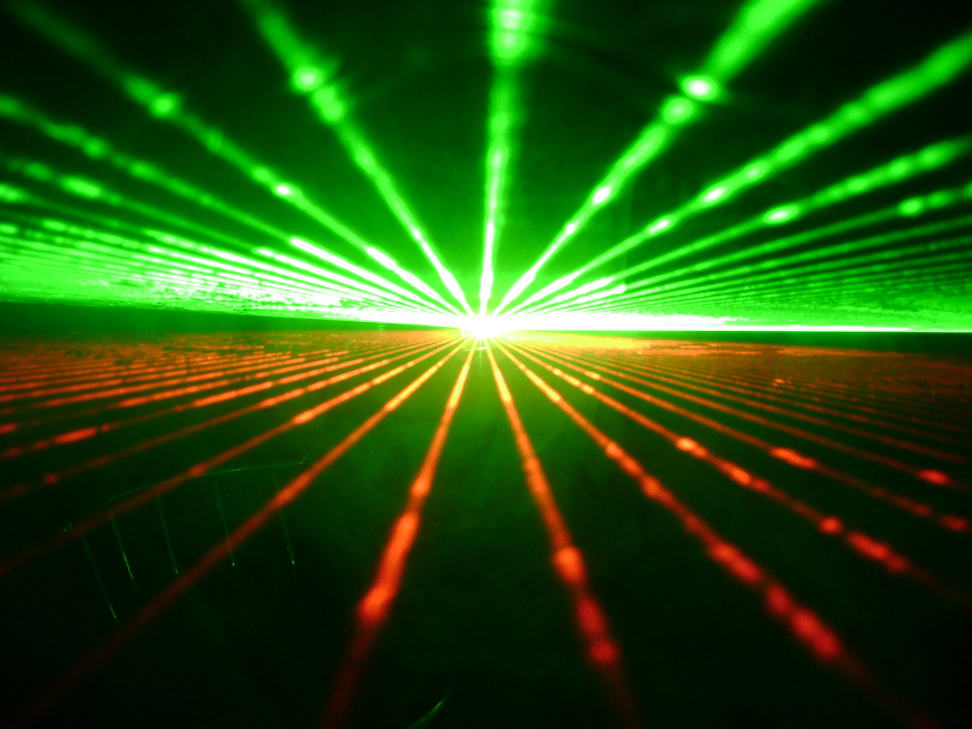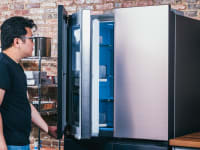Lasers Inside Your Fridge Could Prevent Food Poisoning
Your next fridge could come with built-in lasers.
 Credit:
Flickr user "dmuth"
Credit:
Flickr user "dmuth"
Recommendations are independently chosen by Reviewed's editors. Purchases made through the links below may earn us and our publishing partners a commission.
If you've experienced food poisoning, I feel for you—there are few things more excruciating. But what if your fridge could save you from such a painful fate?
Well, we have (potentially) good news: A new study from the Korea Advanced Institutes of Science and Technology could lead to refrigerator tech that does just that, and the solution is lasers.
Ars Technica reports that the combination of a laser and a camera could detect whether foods in your fridge are covered in nasty microbes.
The system works by beaming a laser at food in your fridge and using the camera to detect how the laser scatters when it hits. The process is repeated several times, allowing the system to compare the scatter between shots. Differences in scatter can show if the food is covered in microbes, and also give some clues as to the severity of the contamination (thanks to the movement created by the microbes' tails).
{{amazon name="Arm & Hammer Baking Soda, Fridge-N-Freezer Pack (2-pack)", asin="B00S056D9E", align="right"}} However, the method has several limitations. For one thing, it'll only work on bacteria, not viruses or other toxins. That's because other contaminants don't squirm like microbes; we'll need another method to detect them.
There are other questions, too. How would the laser system know where food is in the fridge, or distinguish between different foods? How would it scan the entire surface of, say, a head of lettuce? What if the rot is hidden from surface view?
The first issue could be solved by image recognition technology that allows the system to scan different foods in a fridge and distinguish between them, but the others are very much up in the air.
Regardless, tech that can detect harmful contaminants before we eat them would certainly be welcome. And there's more good news: Ars adds that the system is affordable, meaning we could see it built into our fridges in the not-too-distant future.
Related Video
{{brightcove '3550918157001'}}



